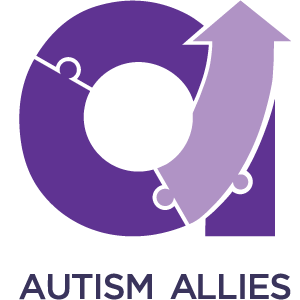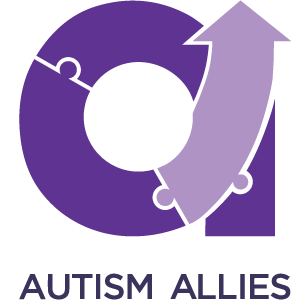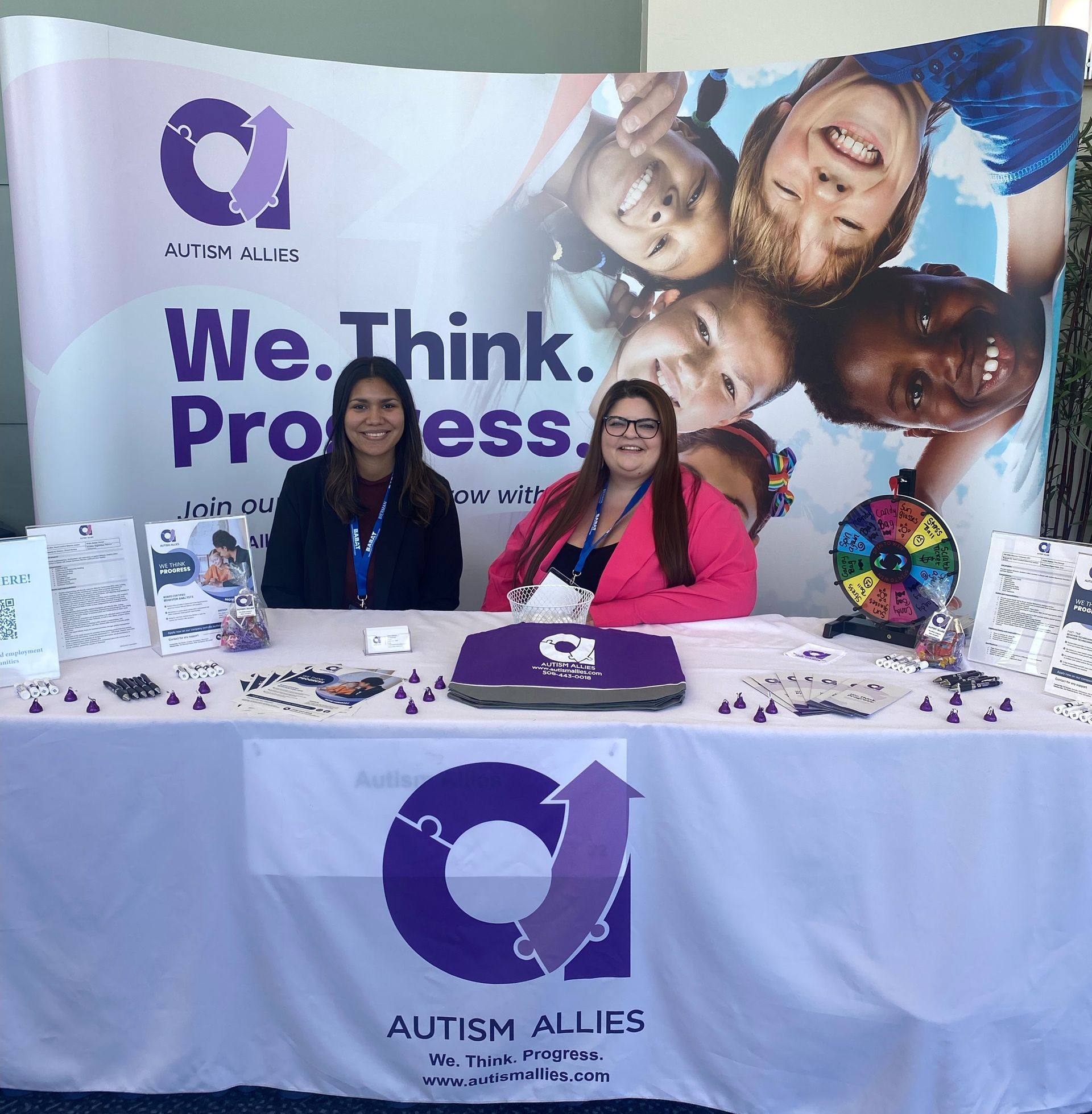Parental Guide to Raising Children with Autism
Autism diagnosis in children can significantly intimidate parents. With no control over the manifestation of the disorder in children, parents can often feel helpless. In order to help you gain a better perspective and better knowledge of autism treatment techniques, we have compiled a parenting guide for people with autistic children.
Create a Structured and Consistent Schedule for your Child
Children with an Autism Spectrum Disorder (ASD) struggle in the application of what they have learned in varying settings. Simply speaking, your child might use sign language to communicate at school but would not think of using the same at home. To overcome this, you can communicate with your child’s therapist and practice the exercises in different settings to encourage them to transfer their learning from one environment into the other. Behavior and learning implementation in autistic children has been found out to have improved substantially if consistency is maintained. Similarly developing a highly-structured schedule and consistent form of interaction for both normal and challenging behaviors is key to reinforcing learning in autistic children.
How we help: We offer Applied Behavior Analysis (ABA) services to help your child seamlessly apply what he learns and imbibes during the sessions. In addition, we provide in-home sessions which help parents to take close note of the therapies eventually allowing them to conduct the simple exercises on their own.
Keep a Close Watch on Non-verbal Cues
Communicating with a child with ASD can be challenging with the lack of speech and social interaction skills. However, you can develop non-verbal forms of communicating with your child by closely observing their gestures, expressions or the sounds they make. By doing so, you can also identify the motivation behind challenging behaviors and correct them quickly. Tantrums are a way autistic children express their frustration regarding things and non-verbal cues are key to identifying what is the cause behind them. Closely observe what stimuli the child is sensitive to.
Numerous children with ASD are hypersensitive to touch, smell, light, sound, taste, tactile sensations, and movements. This can help you identify the reason behind their disruptive behavior and enable you to identify the things they like.
While therapy is important, it is essential to dish out time for playing. Children with ASD are no different than other children and require to play in order to learn, grow, and express themselves. Playtime can help autistic children establish a connect with their parents and enable them to enjoy and relax.
How we Help: While conducting our in-home therapies we educate the parents about the physical cues autistic children use to express themselves. This is crucial to identifying your child’s likes and dislikes with minimal verbal communication.
Customize a Treatment Plan to Suit Your Child’s Needs
With an array of treatments available, it becomes difficult to identify what may or may not work. Additionally, conflicting stories on how a form of treatment worked wonders for someone while it proved completely ineffective for another can complicate the things even more. Every child with ASD has its own sets of weaknesses and strengths. Identifying them can help you choose the best therapy. Additionally, knowing about a child’s most problematic behaviors, their interests, and what do they enjoy doing the most can help you opt for the best treatment options.
Common therapies for treating children with autism include play-based therapy, speech-language therapy, occupational therapy, and nutritional therapy. Out of these therapies, Applied Behavior Analysis (ABA) is crucial to treating children with ASD. ABA works by analyzing the behavior of autistic children, comprehending the impact of external environment on their behavior and developing a program according to their needs. Irrespective of the ASD type, ABA is a crucial therapy that has proven to be immensely effective in enhancing the learning skills of children suffering from ASD.
How we Help: Through interviews, assessments, and evaluations we identify the most important needs of autistic children and create an ABA program specifically tailored to their needs. Our expert therapists provide a comprehensive outline and keep modifying the program to widen the scope of improving the learning and interaction abilities of autistic children.
Ensure You Find Support and Opt for Respite Care
Parenting and raising children with ASD can often become overwhelming and stressful. It is essential for parents to stay in their best mental state and exude positivity in order to contribute to their child’s treatment. Support groups are a great way to interact with parents going through the same problem. Online and offline support groups can help you share information and find emotional support.
For parents raising children with intense needs, respite care is highly recommended. Respite care offers parents a chance to take a short break while another caregiver takes over their position temporarily. This enables parents to dish out some time for themselves and recuperate.
How we Help: We are associated with numerous parents who run their own support groups or are a part of one. We can help you find a support group and offer daycare and after-school programs to allow you to take a break while we take the required care of your children. We continue to strive towards helping parents to shun fear and believe in their children. To know more about our programs and therapies you can visit our offices in Shrewsbury and West Springfield or contact us here.












